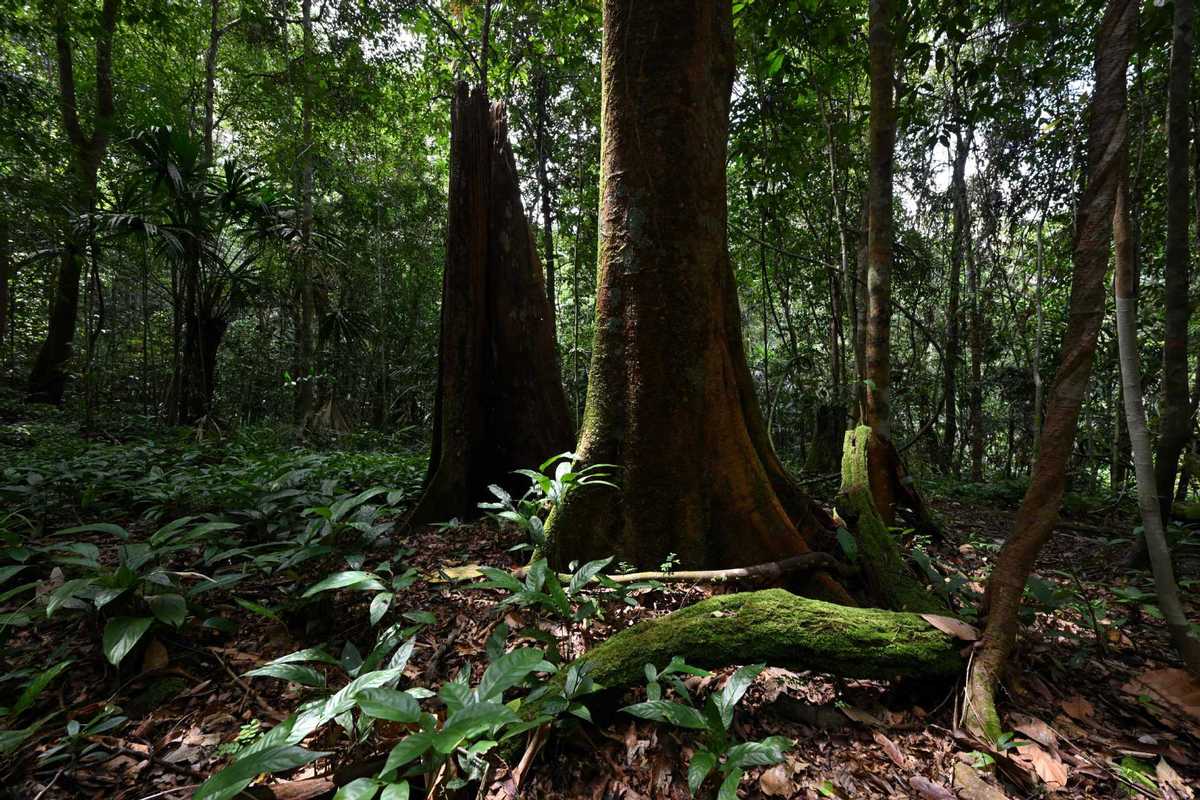EU deforestation policy irks Indonesia, Malaysia


A proposed law by the European Union, purportedly aimed at protecting rainforests, may be protectionist and discriminatory, Indonesia and Malaysia have said.
The two Southeast Asian nations — the world's largest producers of palm oil — say the legislation, to which EU lawmakers have given preliminary approval, will unfairly impact them.
Fadillah Yusof, Malaysia's deputy prime minister, claimed the bloc failed to properly consult stakeholders over the new rules, which he said are "a deliberate act by Europe to block market access".
He said Malaysia could respond by refusing to export palm oil to the EU market.
The Financial Times newspaper said Yusof was particularly perturbed by the EU announcing it may phase out palm oil as a renewable biofuel, which he said amounts to "crop apartheid".
He was set to meet Airlangga Hartarto, Indonesia's coordinating minister of economic affairs, this week, to formulate a joint response to the proposed EU law, which calls for the stringent control of products linked to deforestation — such as cocoa, coffee, palm oil, rubber, soya, wood, and cattle derivatives.
The EU claims the proposed law, which could get full approval late next month, will protect vulnerable habitat and help in the fight against global warming. The law calls for exporting companies to be compelled to provide a certificate attesting to their products not being derived from land that had been forested as recently as the end of 2020.
'Gold standard'
Exporters that fail to produce such a certificate would be banned from exporting to the EU.
Michael Rice, a lawyer for the not-for-profit advocacy group ClientEarth, told the Financial Times the law could become the "gold standard for protecting forests".
Indeed, some importers, not only in the EU but also in the United States, China, and South Korea, have already begun to voluntarily seek such proof, in anticipation of the law or similar legislation passing both in the EU and elsewhere.
But several major agricultural exporters — including Argentina, Brazil, Canada, Ghana and Nigeria — have joined Indonesia and Malaysia in saying the legislation may amount to a trade barrier that contravenes the rules of the World Trade Organization.
Jori Ringman, director-general of the Confederation of European Paper Industries, told the Financial Times the legislation would also place a burden on the bloc's importers, who will be compelled to check out companies they do business with.
"Extended traceability requirements, especially from low-risk countries, will be a burden for the value chain," Ringman said.
"It may also be difficult for public authorities to process this amount of information," he added.
Ringman said the EU itself would face an additional burden, with it needing to hire more customs officials for a start.
The proposed law, if approved, would likely come into force in 2024.



































